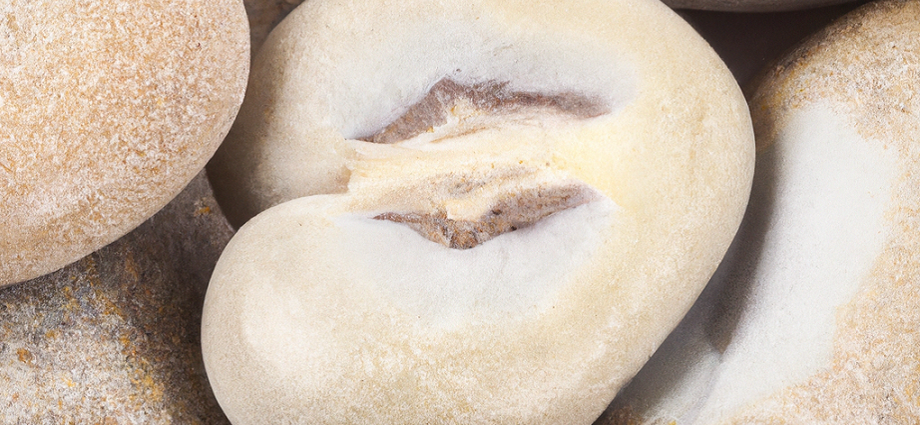Are you tired of dealing with the constant pain and discomfort of calcium kidney stones? Also known as calcium nephrolithiasis, these stones are a common problem that occur when calcium crystals form in the urine. These crystals can be made of calcium oxalate, calcium phosphate, or a combination of both. If these crystals become large enough, they can cause pain and discomfort as they pass through the urinary tract.
Understanding the Causes of Calcium Kidney Stones
Calcium kidney stones are caused by an excess of calcium in the urine. This can happen when there is too much calcium in the diet, or when the kidneys are not able to properly regulate the amount of calcium in the urine. Certain medical conditions, such as hyperparathyroidism and renal tubular acidosis, can also increase the risk of calcium kidney stones.
Recognizing the Symptoms of Calcium Kidney Stones
The symptoms of calcium kidney stones can vary depending on the size and location of the stone. Common symptoms include severe back or abdominal pain, nausea, vomiting, and blood in the urine. These symptoms can be intense and debilitating, making it difficult to go about your daily activities.
- Severe Back or Abdominal Pain: This is the most common symptom of calcium kidney stones and can be intense and debilitating.
- Nausea and Vomiting: These symptoms may occur as a result of the pain caused by the kidney stones.
- Blood in the Urine: This can be a sign of a kidney stone that is causing damage to the urinary tract.
- Cloudy or Strong-Smelling Urine: This can indicate the presence of an infection in the urinary tract.
- Frequent Urination or Difficulty Urinating: These symptoms may occur if a kidney stone is blocking the urinary tract.
- Groin or Testicular Pain: This can occur if a kidney stone has moved into the ureter, the tube that carries urine from the kidney to the bladder.
- Fatigue or Weakness: These symptoms may occur as a result of the pain and discomfort caused by calcium kidney stones.
Treatment of Calcium Kidney Stones
- Drinking Plenty of Water: Drinking at least 2-3 liters of water per day can help to flush out any excess calcium and oxalates in the urine, reducing the risk of kidney stone formation.
- Changing Your Diet: Eating a diet that is low in oxalates and high in calcium can help to prevent calcium kidney stones. This can be achieved by eating foods such as dairy products, leafy greens, and fish.
- Maintaining a Healthy Weight: Being overweight or obese can increase your risk of developing kidney stones, so it is important to maintain a healthy weight through regular exercise.
- Medications: Certain medications such as allopurinol, potassium citrate, and thiazide diuretics may be prescribed by a doctor to help prevent it from forming.
- Surgery: In certain cases, surgery may be necessary to remove a large kidney stone that is causing significant pain or blocking the urinary tract.
- Natural Supplements: Taking natural supplements like kidneycop can help to reduce the risk of calcium kidney stones.
- Alkalizing the Body: Keeping the body alkaline by eating a diet rich in fruits and vegetables, and by drinking plenty of water can help reduce the risk.
- Monitoring the Urine: If you have a history, your doctor may recommend monitoring the urine for signs of crystals to help identify the specific type of kidney stone and to guide treatment.
Risks Factors
Calcium kidney stones are a common type of kidney stone. They form when calcium mixes with other substances, like oxalate or phosphate, in your urine. Knowing what increases the chances of getting these stones can help you prevent them.
Not Drinking Enough Water
Not drinking enough water is one of the main reasons people get kidney stones. When you don’t drink enough, your urine becomes more concentrated, and this makes it easier for calcium and other substances to form crystals and stones.
Diet
What you eat can also increase your risk of kidney stones. Foods that are high in oxalate, like spinach, beets, and chocolate, can raise the risk of calcium oxalate stones. Eating too much salt can also increase calcium in the urine, which can cause stones to form. A diet with too much animal protein and not enough fruits and vegetables can also raise your risk.
Being Overweight
Being overweight or obese increases the chance of getting kidney stones. Extra weight can lead to more calcium in your urine and make it harder for your kidneys to clear out the waste, which can lead to stone formation.
Too Much Calcium in Urine
Some people naturally have more calcium in their urine. This condition is called hypercalciuria, and it can raise the chance of developing calcium kidney stones.

